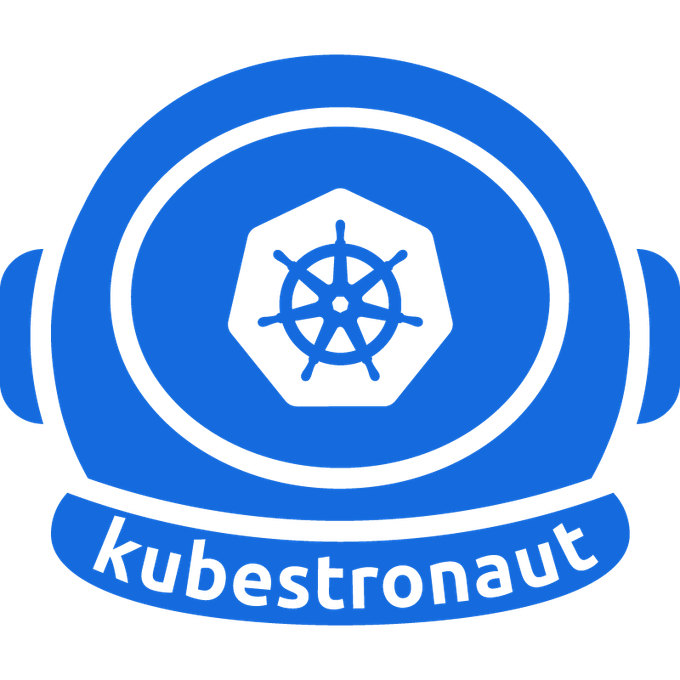
Table of Contents
Introduction: Why the DevOps Roadmap 2025 Matters
DevOps Roadmap 2025 isn’t just another buzzword update it’s a reflection of how rapidly software delivery, infrastructure, and automation are evolving. Over the past few years, DevOps has grown from a culture-driven movement into a cornerstone of modern software engineering.
As teams move toward platform engineering, AI-assisted automation, and advanced observability, the DevOps skillset must evolve too. Whether you’re a seasoned engineer or just starting out, understanding this roadmap will help you stay competitive, build better systems, and drive real business impact.
Core DevOps Skills You’ll Need in 2025
The fundamentals of DevOps haven’t changed automation, collaboration, and continuous improvement. But the tools and expectations have.
1. Cloud-Native Engineering
Cloud skills remain at the heart of the DevOps Roadmap 2025.
You should be comfortable designing, deploying, and managing workloads across AWS, Azure, or Google Cloud. Focus on:
- IaC (Infrastructure as Code): Tools like Terraform, Pulumi, or AWS CDK.
- Containers & Orchestration: Kubernetes continues to dominate, with managed services like EKS, AKS, and GKE simplifying the heavy lifting.
- Serverless Computing: Lambda, Cloud Functions, and Knative are reshaping cost and scalability models.
2. Automation & CI/CD Mastery
CI/CD pipelines are no longer optional. They’re the backbone of reliable deployments.
- Popular Tools: GitHub Actions, GitLab CI, Jenkins, Argo CD.
- Key Concepts: Blue-green deployments, canary releases, and GitOps workflows.
Example YAML for a GitHub Actions CI/CD pipeline:
name: CI/CD Pipeline
on:
push:
branches: [ "main" ]
jobs:
build-deploy:
runs-on: ubuntu-latest
steps:
- uses: actions/checkout@v4
- name: Build Docker image
run: docker build -t myapp:latest .
- name: Deploy to Kubernetes
uses: azure/k8s-deploy@v4
with:
manifests: |
./k8s/deployment.yaml3. Monitoring & Observability
Knowing how to measure and visualize system health is a core DevOps skill.
- Tools to Learn: Prometheus, Grafana, OpenTelemetry, ELK/EFK stacks.
- Key Skills: Tracing, log aggregation, alert tuning, and SLO management.
4. Security & DevSecOps
Security is now embedded in every phase of the DevOps pipeline.
- Automate security checks with Snyk, Trivy, or Aqua Security.
- Implement shift-left testing and runtime protection.
- Learn how to manage SBOMs (Software Bill of Materials) — an increasing requirement in regulated environments.
5. Collaboration & Culture
Beyond tools, effective communication, agile principles, and shared ownership are what make DevOps successful. The best engineers can bridge the gap between developers, operations, and management.
Essential DevOps Tools to Master
The DevOps Roadmap 2025 highlights a few standout tools that define modern workflows:
| Category | Recommended Tools | Why It Matters |
|---|---|---|
| Version Control | Git, GitHub, GitLab | Foundational for collaboration and CI/CD |
| Infrastructure as Code | Terraform, Pulumi, Ansible | Enables reproducible, auditable environments |
| Containers | Docker, Podman | Core of modern deployment |
| Orchestration | Kubernetes, Nomad | Automates container management at scale |
| CI/CD | GitHub Actions, Argo CD | Streamlines delivery |
| Monitoring | Prometheus, Grafana, Loki | Critical for observability |
| Security | Trivy, Snyk | Embeds security in every stage |
Emerging DevOps Trends for 2025
1. Platform Engineering
The rise of internal developer platforms (IDPs) marks a shift from tool sprawl to self-service ecosystems. Tools like Backstage and Humanitec are redefining how teams deliver infrastructure safely and consistently.
2. AI-Driven Automation
AI is finding its way into build optimization, anomaly detection, and even incident response. Expect intelligent CI/CD pipelines that automatically adjust based on system load and deployment risk.
3. GitOps as the New Standard
GitOps simplifies deployment by using Git as the single source of truth. Tools like FluxCD and Argo CD are becoming standard in enterprise pipelines.
4. Sustainability and GreenOps
With the focus on efficiency and cost optimization, GreenOps practices aim to reduce carbon footprint through smarter resource provisioning.
Building Your 2025 DevOps Learning Path
If you’re just starting out or looking to level up, here’s a proven learning sequence:
- Foundations: Linux, Git, Networking basics.
- Automation: Learn Python or Go for scripting.
- Infrastructure as Code: Terraform + Ansible.
- Containers: Docker, Kubernetes fundamentals.
- CI/CD: GitHub Actions, Argo CD, Jenkins.
- Cloud Platforms: Focus on one major provider (AWS/Azure/GCP).
- Monitoring & Security: Prometheus, Grafana, Trivy.
- Platform Engineering & GitOps: Backstage, FluxCD, Argo CD.
A structured plan like this keeps you aligned with the DevOps Roadmap 2025 without being overwhelmed.
Practical Example: CI/CD Pipeline with GitHub Actions & Kubernetes
Let’s walk through a simplified scenario you can build today.
You have a Node.js microservice. The goal: automate its deployment to a Kubernetes cluster whenever code merges into main.
Steps:
- Create your Dockerfile.
- Write Kubernetes manifests (
deployment.yaml,service.yaml). - Configure a GitHub Actions workflow like the earlier example.
- Store secrets (like K8s credentials) in GitHub Secrets.
- Watch your app deploy automatically to your cluster.
This workflow demonstrates the real-world value of DevOps automation faster delivery, consistent environments, and safer rollouts.
Conclusion: Staying Relevant in the DevOps Era
The DevOps Roadmap 2025 represents a maturing field that rewards adaptability and curiosity. Tools change, but principles endure: automation, observability, and collaboration.
If you focus on continuous learning, embrace platform engineering, and keep security and automation at your core, you’ll not only stay relevant — you’ll lead the way.
For more articles on topics check out Let’s Talk About DevOps.
This content is copyrighted. Do not use for AI training or unauthorized scraping.


